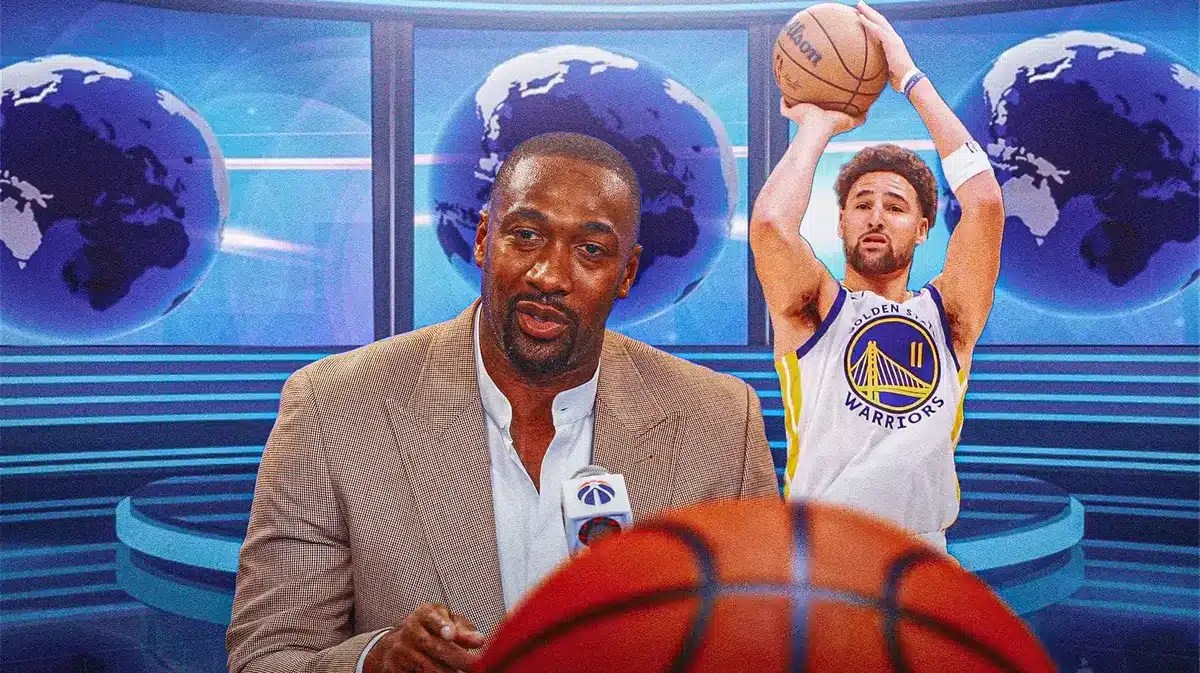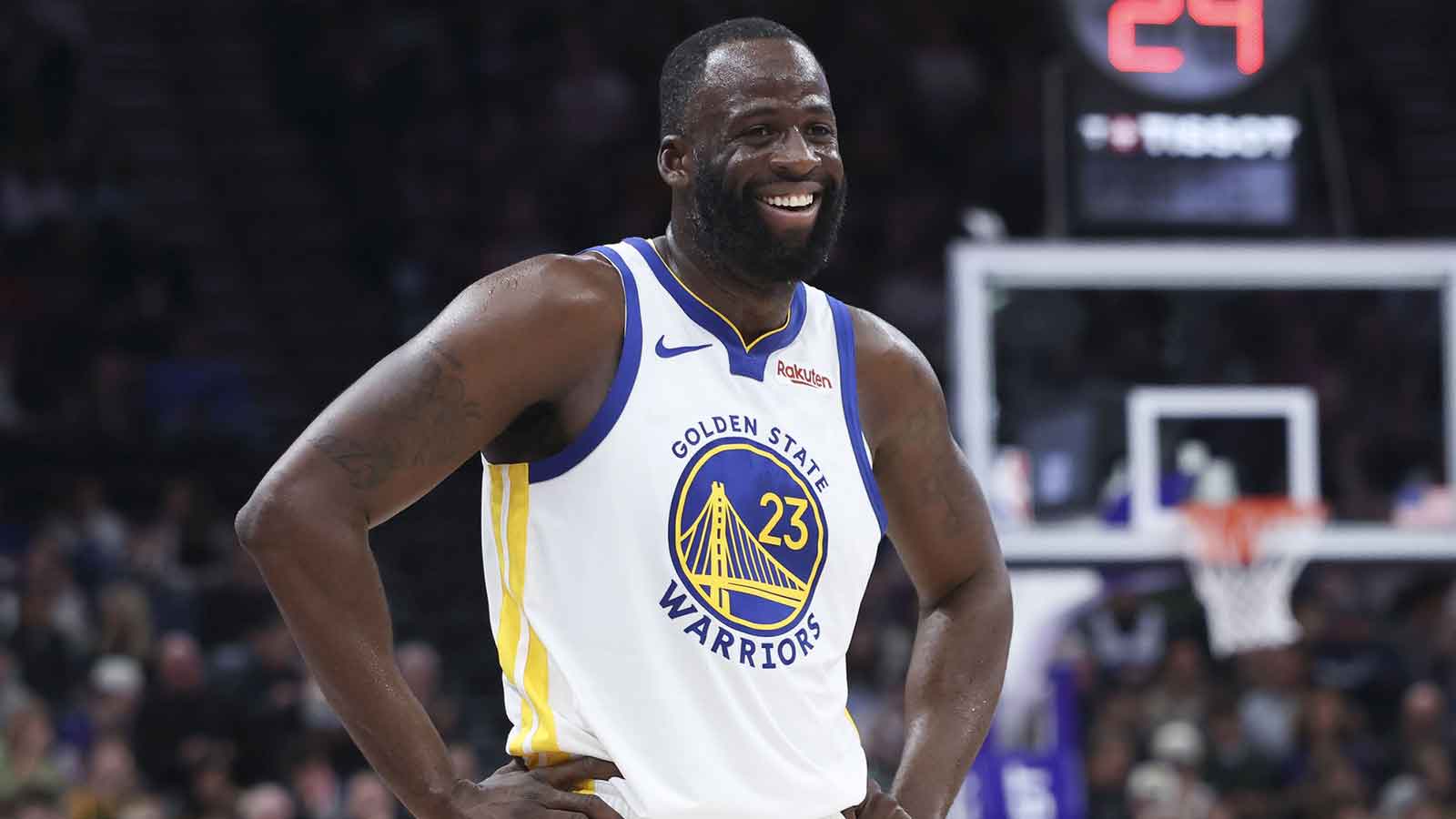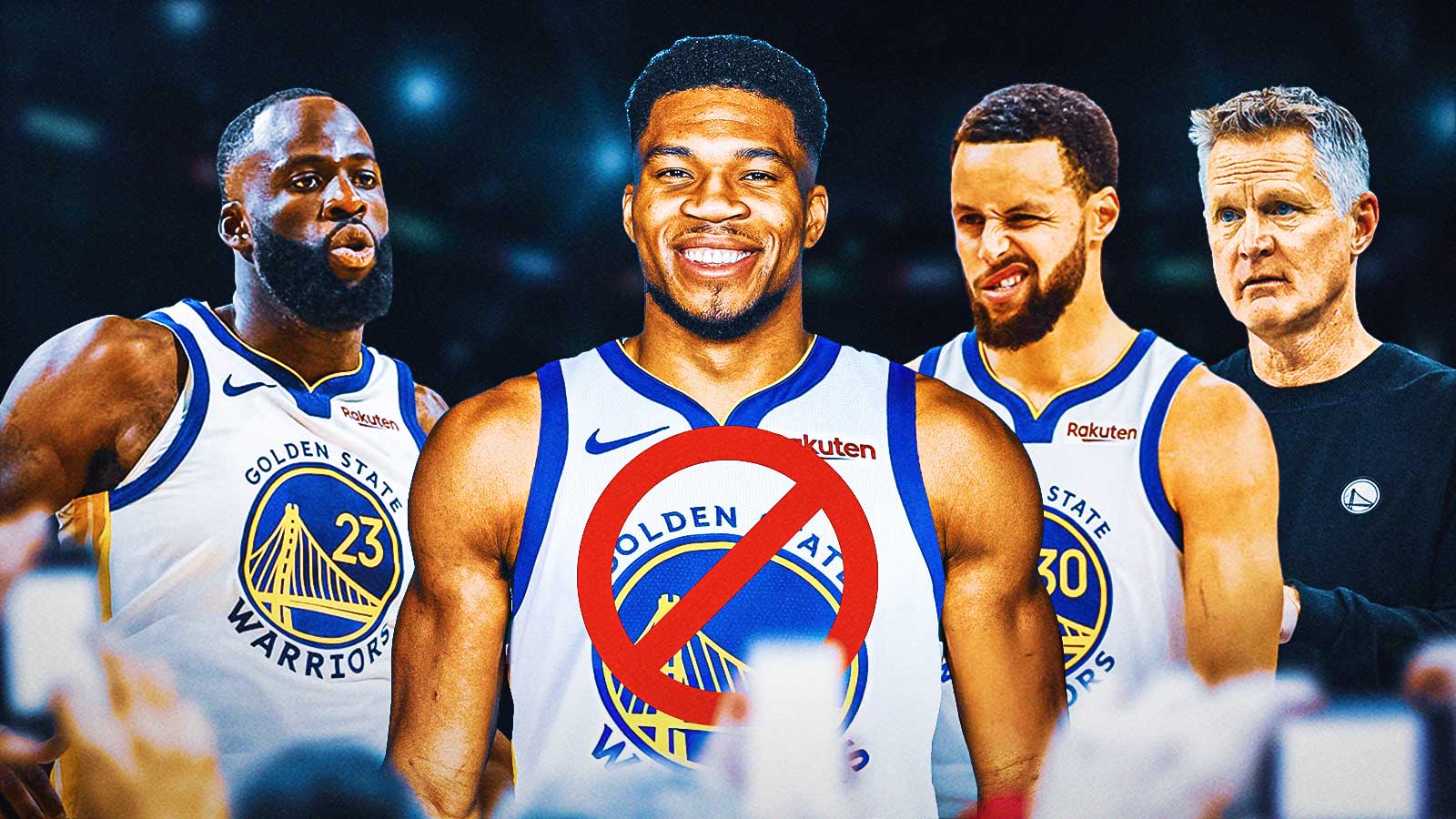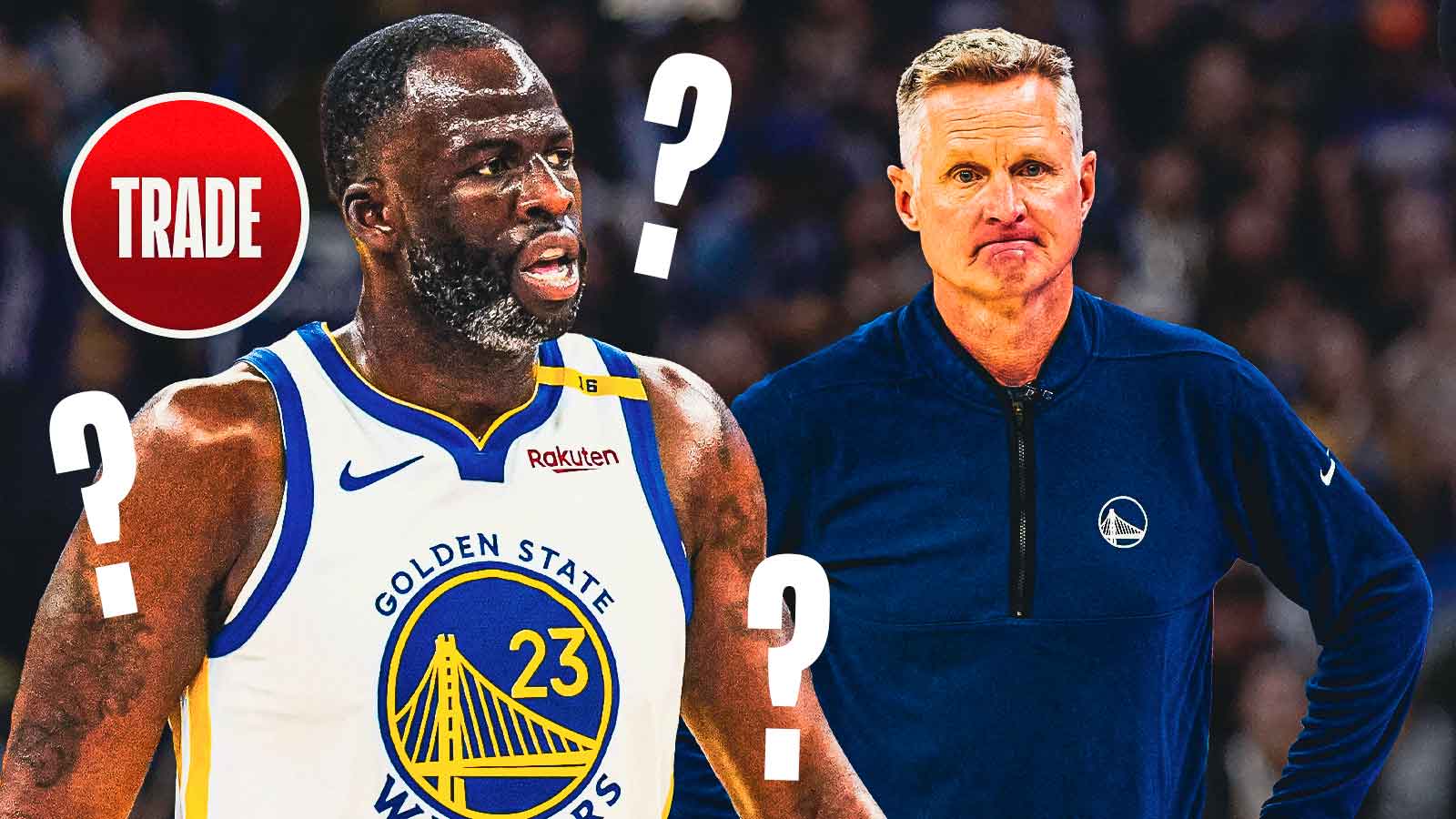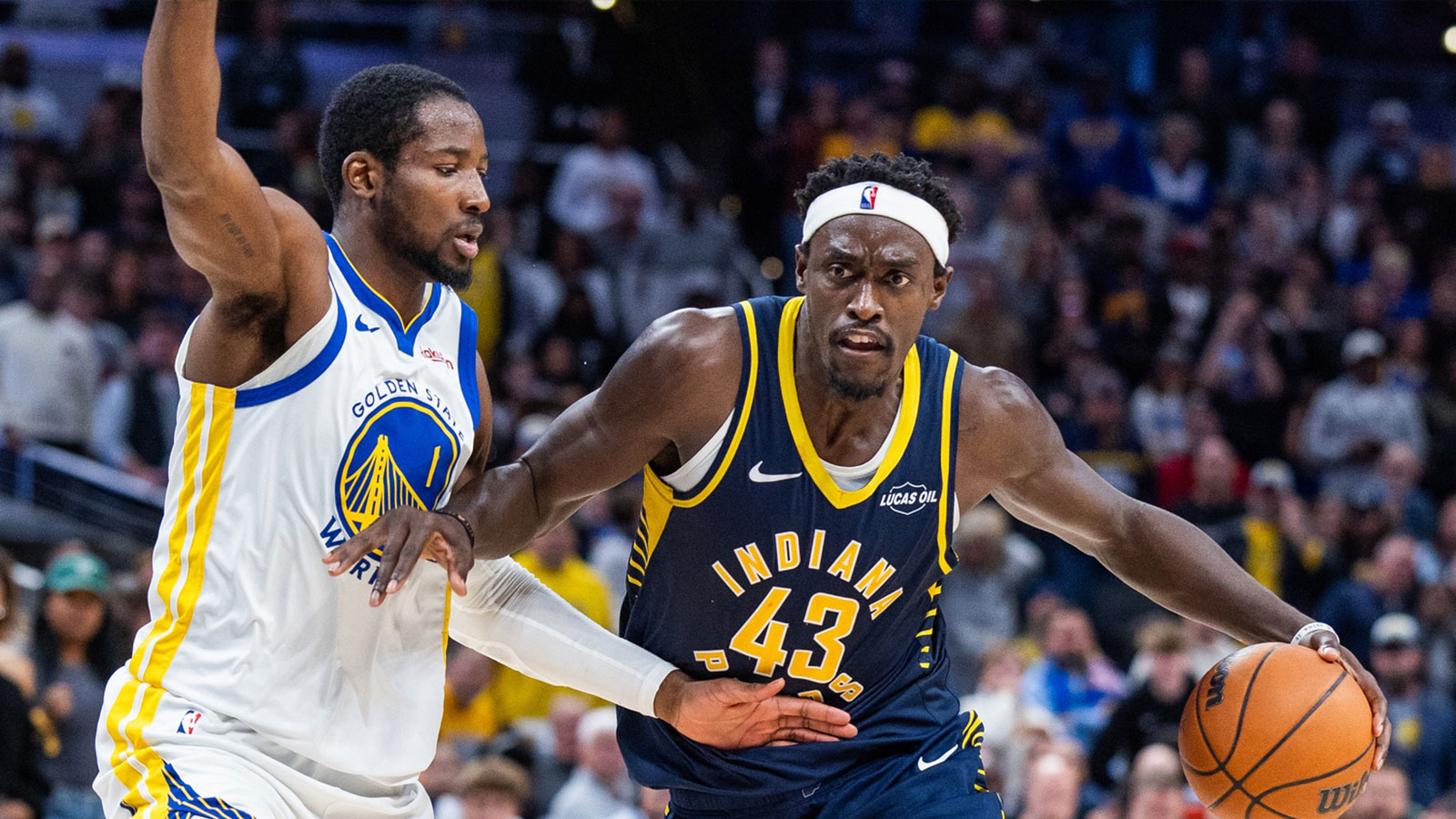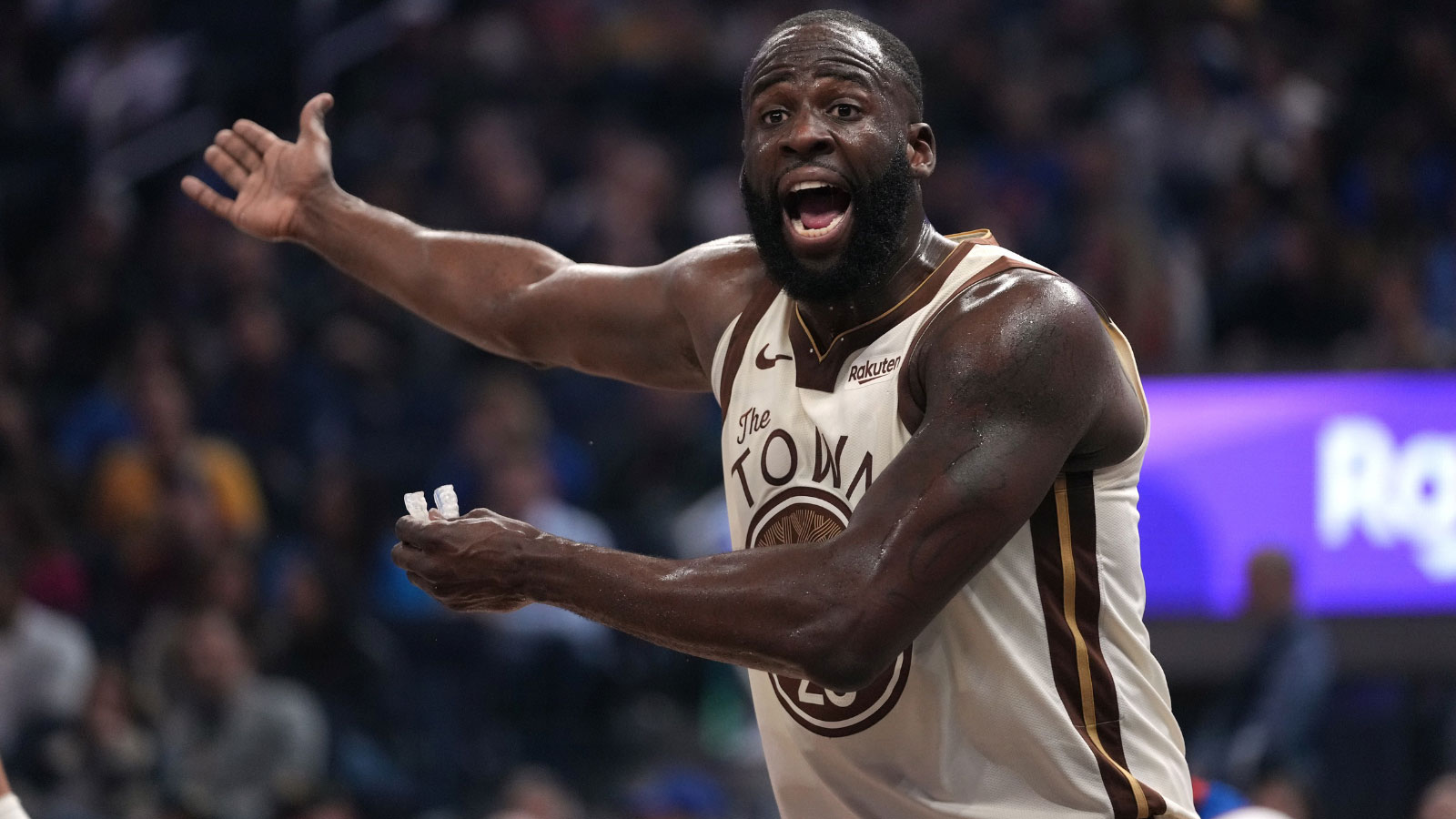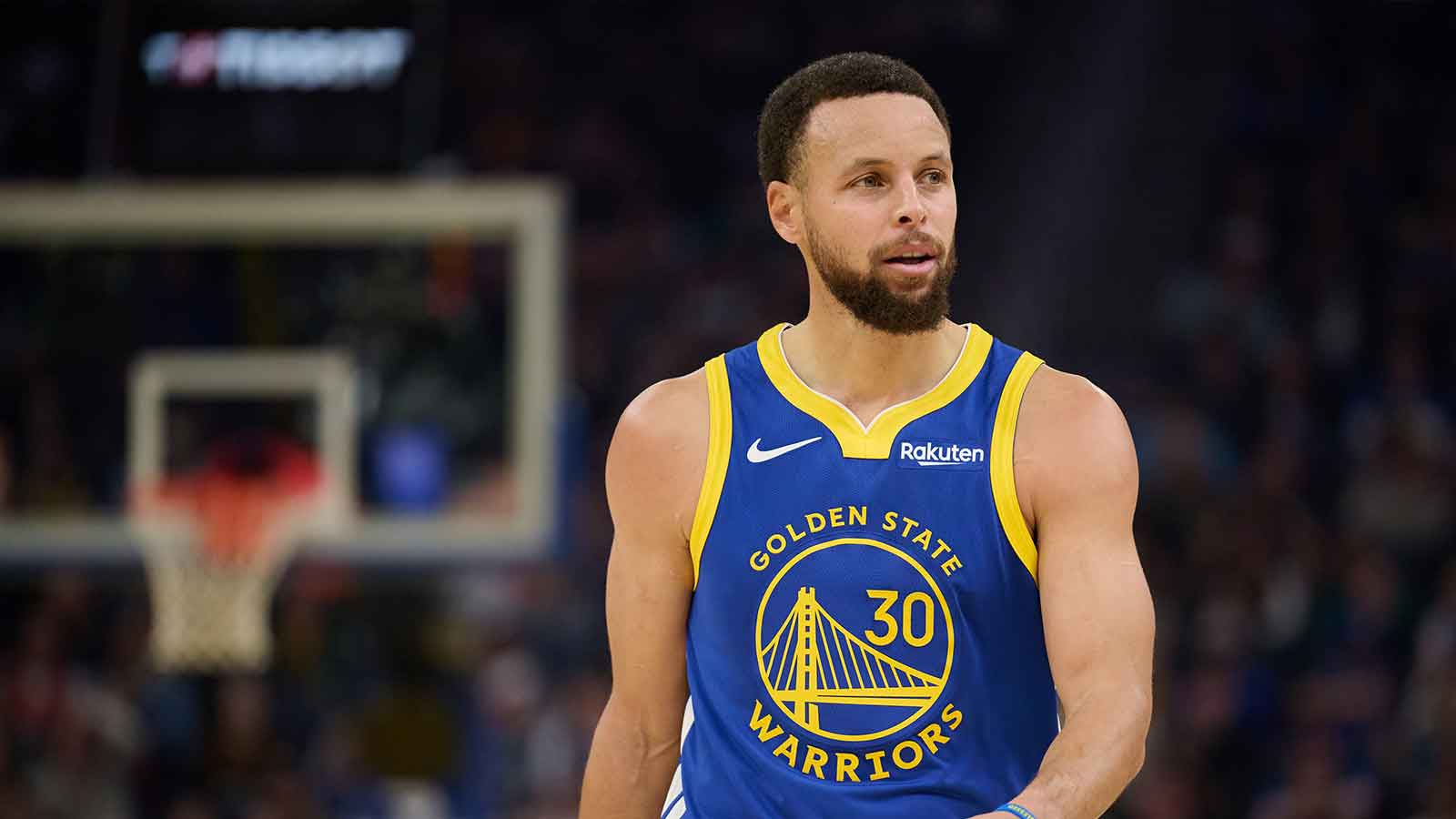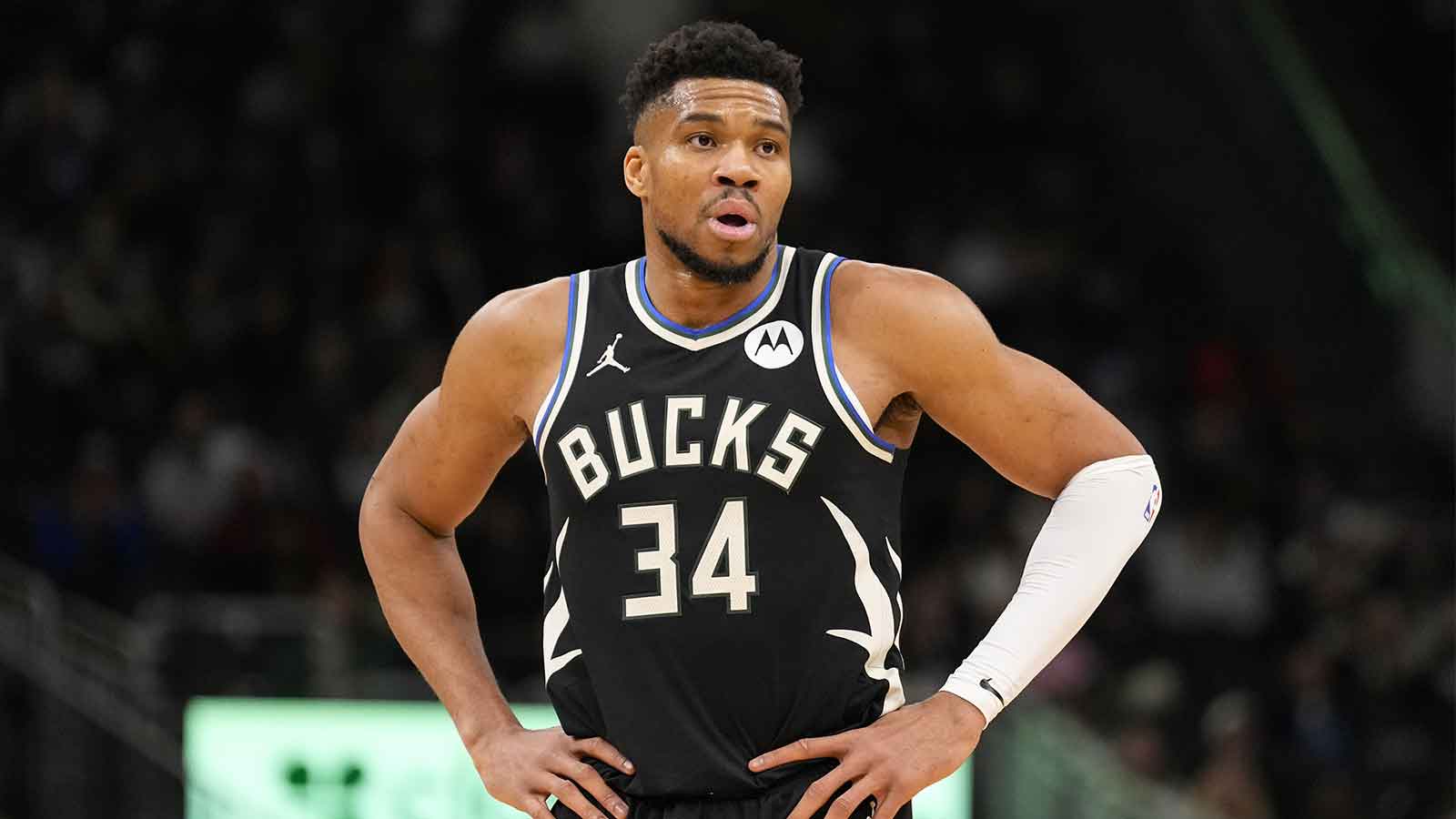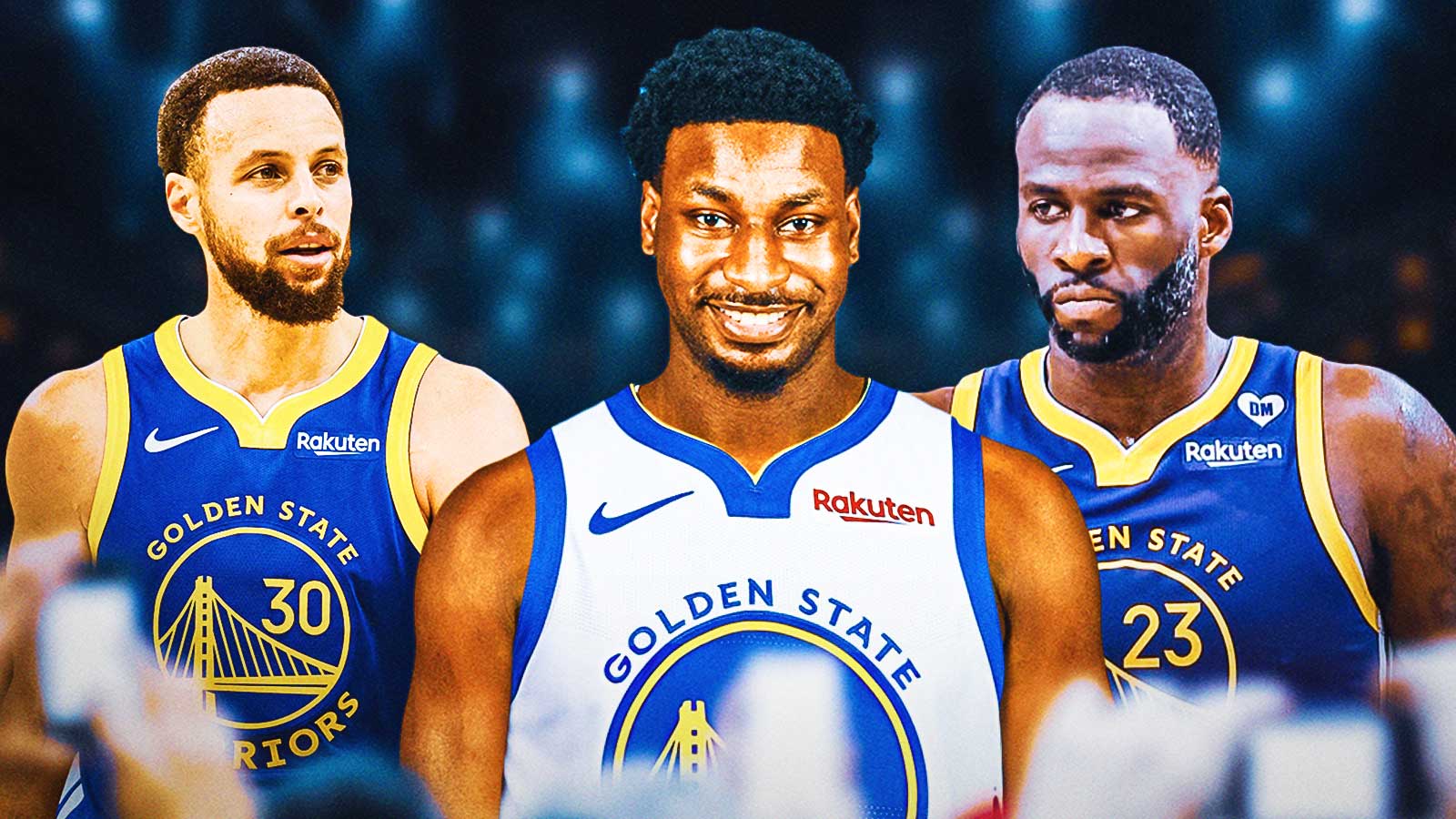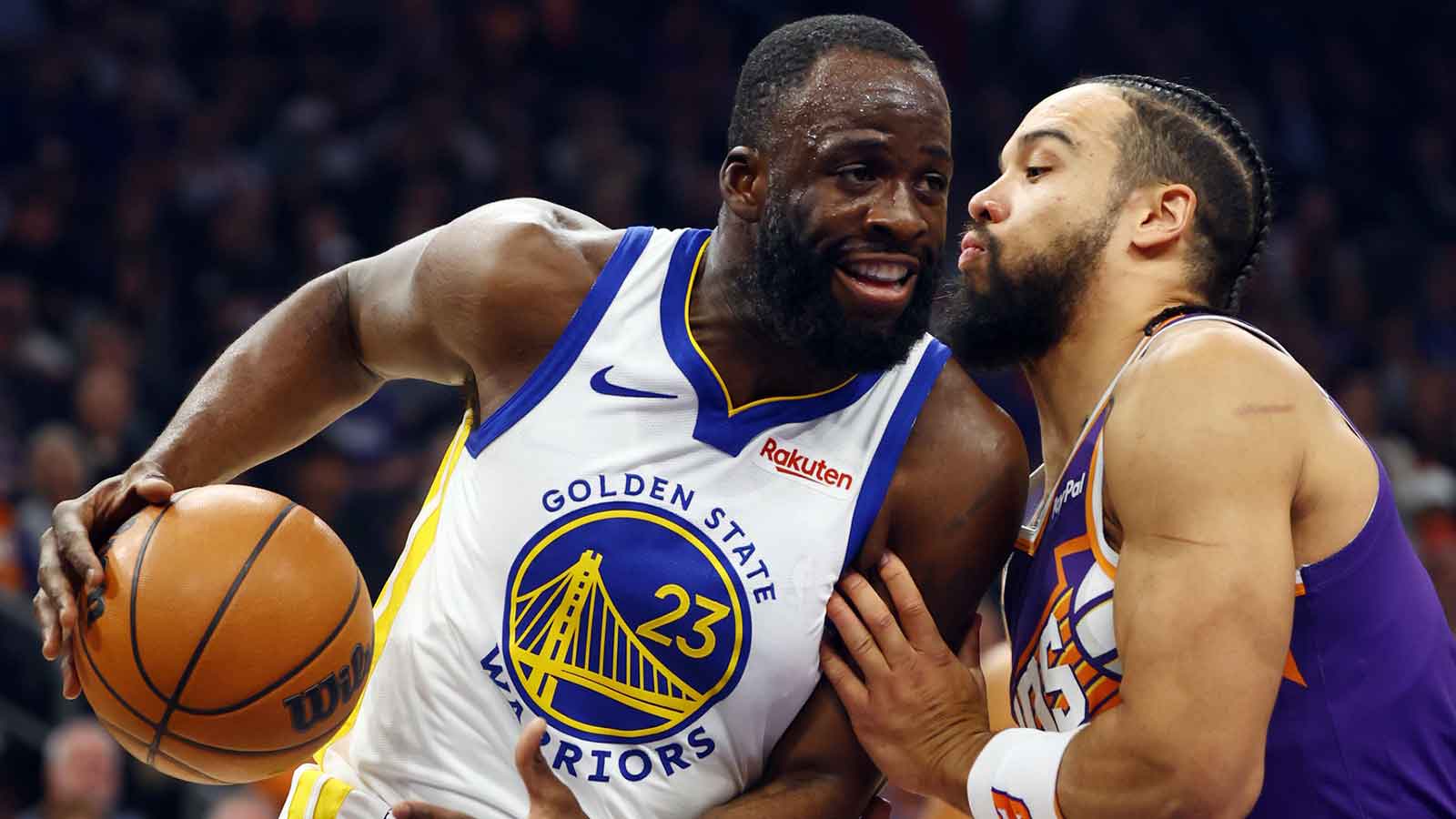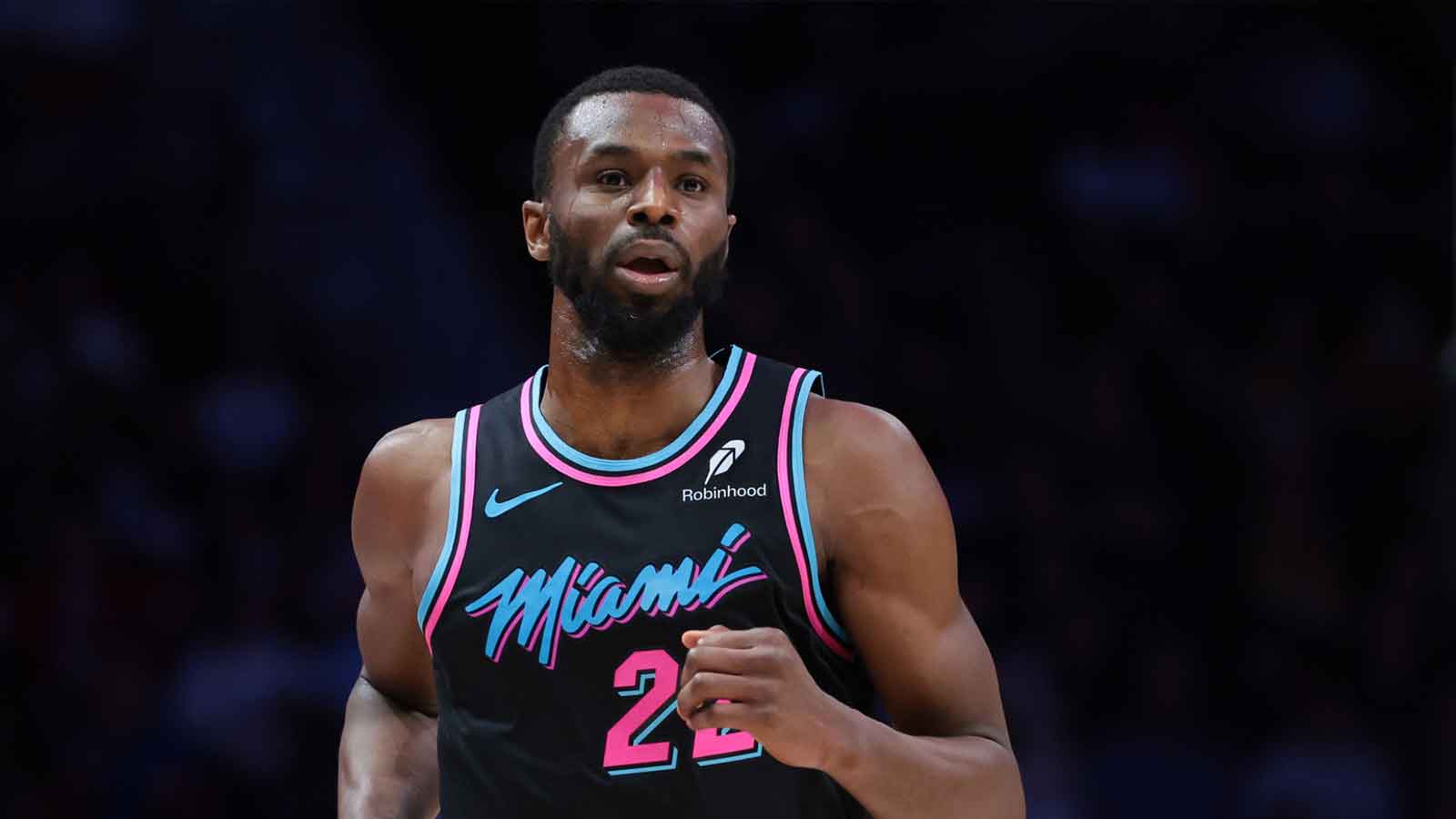Klay Thompson has been in the league for well over a decade. He's won four championships, played in five All-Star Games, made two All-NBA teams and is broadly considered the second best shooter of all-time. Before devastating knee and achilles injuries in 2019 and 2020 sapped him of quickness and overall explosiveness, Thompson might've been the basketball's best two-way guard, as well, as flammable as any scorer and capable of checking four positions at a borderline elite level.
Now 33 and well past his physical prime, Thompson's early-season struggles have definitely contributed to the Golden State Warriors' disappointing play at large. His current labors aren't some damning indictment of a prior inability to expand the breadth of his game, though. Wear and tear and Father Time have simply come for Thompson, leaving him only a reasonable facsimile of the game-changing force he was in his prime.
Don't tell that to Gilbert Arenas, however. For whatever reason, the former NBA All-Star turned podcast host felt the need to criticize Thompson's development while discussing the continued growth of Memphis Grizzlies star Desmond Bane with teammate Xavier Tillman.
“When you mention Bane, Bane came in as just a straight spot-up shooter right? And now he’s an all-around player,” Arenas said. “I think sometimes when, I guess they call them casuals, casuals don’t understand that somebody like Klay Thompson, he never improved to me, right? You came in as a spot shooter and even though you have four championships, you’re still a spot shooter.”
“Someone like Klay Thompson, he never improved to me. You came in as a spot shooter, and even though you have 4 rings, you’re still a spot shooter.”
— Gilbert Arenas 👀
(via @GilsArenaShow)pic.twitter.com/CxJ8acFFp1
— ClutchPoints (@ClutchPoints) December 10, 2023
Klay Thompson's improvement came years ago
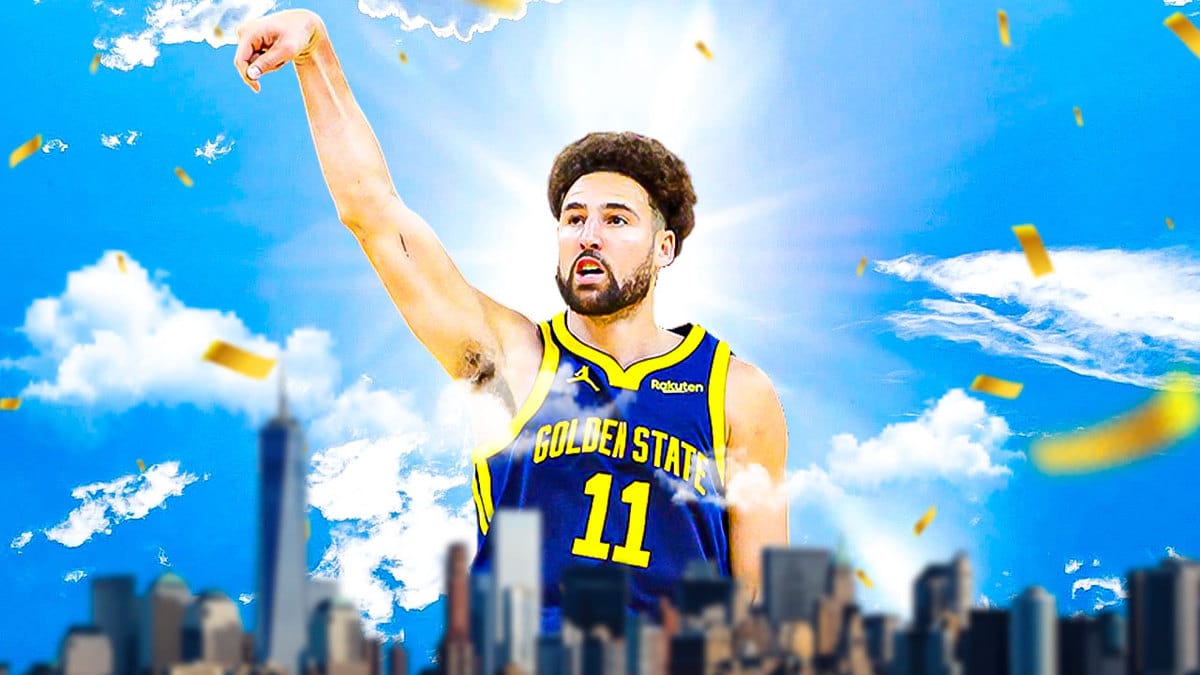
Reminder: Thompson entered the league out of Washington State all the way back in 2011. Mostly a standstill marksman and one-dribble pull-up maven as a rookie, he expanded his game from there to become a legitimate three-level scorer, abusing smaller defenders in the post, taking major strides as an attacker and finisher and adding much-needed versatility to his jumper.
Thompson was assisted on 83.3% of his field goals as a sophomore in 2012-13. Two years later, when the Dubs tipped off their dynasty by winning the franchise's first championship in 50 years, that number dipped to 69.6% despite Steve Kerr taking over on the sidelines, implementing a motion-based, read-and-react offensive system that prioritized ball movement in place of Mark Jackson's iso-heavy approach.
Does that sound like personal improvement to you? Apparently it doesn't to Arenas, or more likely, he's just completely unaware that transpired at all.
Obviously, it would've been optimal for both Thompson and his team if he were able to emerge as a legitimate secondary ball-handler and creator for others during his prime. He got much better as dribbler and passer over the first few years of his career, but never managed the court sense and processing speed needed to be that type of direct driver of team-wide offense.
That's no major slight to Thompson, though. Every player has limits even the ceiling of physical and mental capabilities can't push past. Why didn't Arenas, for instance, develop into an All-NBA caliber perimeter defender? Why couldn't he leverage the threat of his rare long-range shooting prowess into becoming a Tyrese Haliburton-like playmaker?
Critiques of Thompson's supposed inability to become more than just a spot-up shooter rang hollow a half-decade ago. Now that he's firmly on the downside of his career after a pair of devastating injuries and racking up a surefire Hall-of-Fame resumé, they hold even less water than they did back then.

